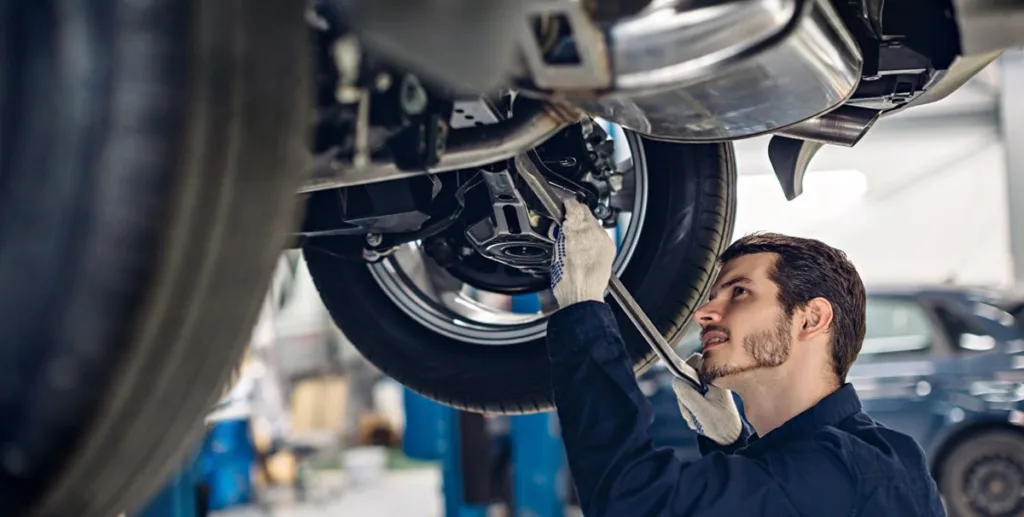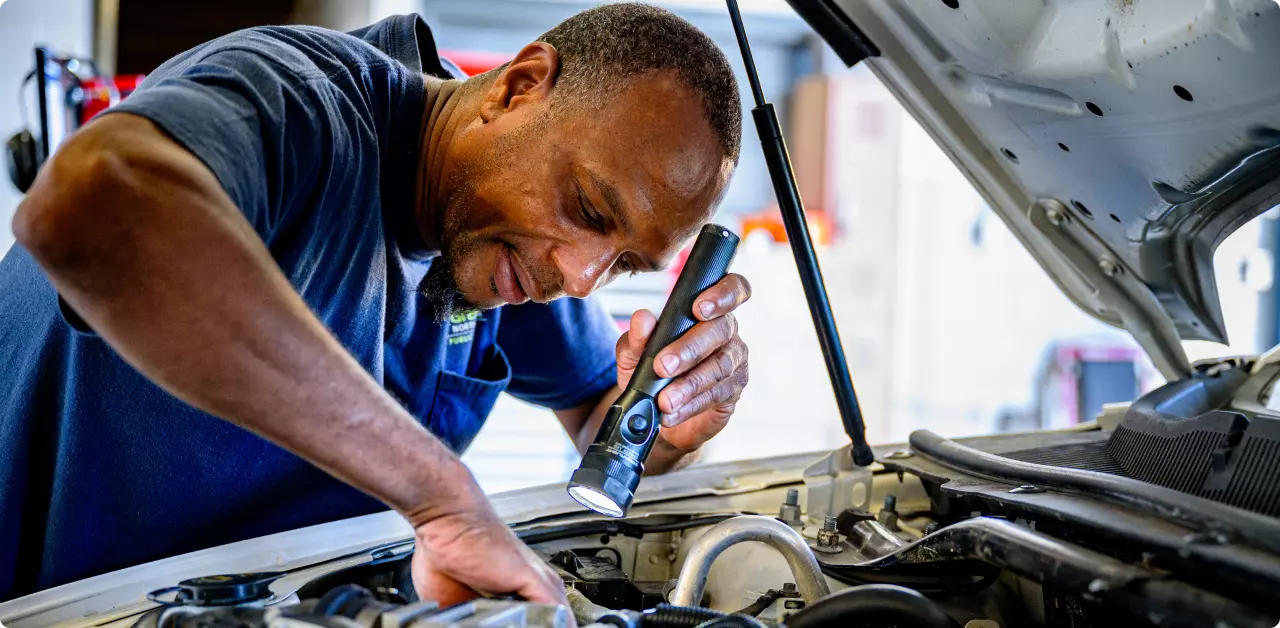All Categories
Featured
The engine is just one of one of the most essential elements of any kind of vehicle, and maintaining it in leading form is crucial for long life and effectiveness. Pricey engine fixings can be an economic burden, but you can minimize this risk with correct preventive treatment. Here are some practical steps you can take to guarantee your engine continues to be reputable and healthy and balanced.
Oil is the lifeline of your engine, lubing its preventing and moving components wear and tear. With time, engine oil comes to be unclean and sheds its effectiveness. Follow your producer's standards for oil adjustment intervals, typically every 3,000 to 5,000 miles or as suggested for synthetic oils. Overlooking oil changes can result in increased rubbing, overheating, and costly engine damages.
The cooling system controls your engine's temperature level, avoiding it from overheating. Low or dirty coolant can lead to overheating and create significant damage to engine components. Routinely inspect coolant levels and flush the system as suggested by your car's upkeep routine.
A clean air filter guarantees that your engine gets an appropriate supply of clean air for burning. Unclean air filters restrict airflow, making the engine work more challenging and lowering fuel effectiveness. If it appears dirty or stopped up., check your air filter periodically and change it.
![]()
Dashboard warning lights, especially the check engine light, should never ever be disregarded. These indications inform you to prospective troubles with the engine or relevant systems. Without delay detecting and fixing these concerns can prevent them from intensifying right into much more severe and expensive fixings.
Driving with excessive tons or in severe problems can stress your engine. Gradually, this anxiety can result in overheating and wear. Stay with your lorry's advised weight limits and avoid revving the engine excessively throughout operation.
Making use of premium or top quality gas can stop carbon deposits from creating inside your engine. Occasionally, including a fuel system cleaner can additionally aid preserve gas injector and valve tidiness, ensuring optimal engine performance.
Tubes and belts are essential for the proper functioning of your engine's air conditioning, electrical, and cooling systems. Regularly inspect these elements for signs of wear, fractures, or leakages, and change them as needed.
Abrupt velocity and stopping can stress your engine and drivetrain. By driving efficiently and keeping a steady rate, you lower unnecessary stress and anxiety on the engine, advertising its long-lasting health and wellness.
![]()
Also if your automobile appears to be running fine, regular inspections by a specialist mechanic can reveal potential problems before they become substantial. Auto mechanics can identify and address early indications of wear or breakdown, saving you money in the long run.
By embracing these safety nets, you can stay clear of the high prices related to engine fixings and guarantee your car stays in excellent problem for many years. Routine upkeep and treatment not only conserve cash however likewise give satisfaction when traveling.
- Schedule Regular Oil Modifications
Oil is the lifeline of your engine, lubing its preventing and moving components wear and tear. With time, engine oil comes to be unclean and sheds its effectiveness. Follow your producer's standards for oil adjustment intervals, typically every 3,000 to 5,000 miles or as suggested for synthetic oils. Overlooking oil changes can result in increased rubbing, overheating, and costly engine damages.
- Watch on Engine Coolant Degrees
The cooling system controls your engine's temperature level, avoiding it from overheating. Low or dirty coolant can lead to overheating and create significant damage to engine components. Routinely inspect coolant levels and flush the system as suggested by your car's upkeep routine.
- Change Air Filters as Needed
A clean air filter guarantees that your engine gets an appropriate supply of clean air for burning. Unclean air filters restrict airflow, making the engine work more challenging and lowering fuel effectiveness. If it appears dirty or stopped up., check your air filter periodically and change it.

- Screen and Address Warning Lighting
Dashboard warning lights, especially the check engine light, should never ever be disregarded. These indications inform you to prospective troubles with the engine or relevant systems. Without delay detecting and fixing these concerns can prevent them from intensifying right into much more severe and expensive fixings.
- Avoid Overworking Your Engine
Driving with excessive tons or in severe problems can stress your engine. Gradually, this anxiety can result in overheating and wear. Stay with your lorry's advised weight limits and avoid revving the engine excessively throughout operation.
- Usage High-Quality Gas and Additives
Making use of premium or top quality gas can stop carbon deposits from creating inside your engine. Occasionally, including a fuel system cleaner can additionally aid preserve gas injector and valve tidiness, ensuring optimal engine performance.
- Replace Worn Belts and Hose Pipes
Tubes and belts are essential for the proper functioning of your engine's air conditioning, electrical, and cooling systems. Regularly inspect these elements for signs of wear, fractures, or leakages, and change them as needed.
- Practice Smooth Driving Behaviors
Abrupt velocity and stopping can stress your engine and drivetrain. By driving efficiently and keeping a steady rate, you lower unnecessary stress and anxiety on the engine, advertising its long-lasting health and wellness.
- Get Specialist Evaluations

Also if your automobile appears to be running fine, regular inspections by a specialist mechanic can reveal potential problems before they become substantial. Auto mechanics can identify and address early indications of wear or breakdown, saving you money in the long run.
By embracing these safety nets, you can stay clear of the high prices related to engine fixings and guarantee your car stays in excellent problem for many years. Routine upkeep and treatment not only conserve cash however likewise give satisfaction when traveling.
Latest Posts
Learn About Auto Services & More: Complete Services Guide from Montclare Auto Repair
Published en
1 min read
Learn About Montclare Auto Repair’s Premier Services and Why Drivers Rely On Them
Published en
1 min read
Find Montclare Auto Repair’s Leading Car Care Solutions and Why Drivers Trust Them
Published en
1 min read
More
Latest Posts
Learn About Auto Services & More: Complete Services Guide from Montclare Auto Repair
Published May 30, 25
1 min read
Learn About Montclare Auto Repair’s Premier Services and Why Drivers Rely On Them
Published May 28, 25
1 min read
Find Montclare Auto Repair’s Leading Car Care Solutions and Why Drivers Trust Them
Published May 26, 25
1 min read